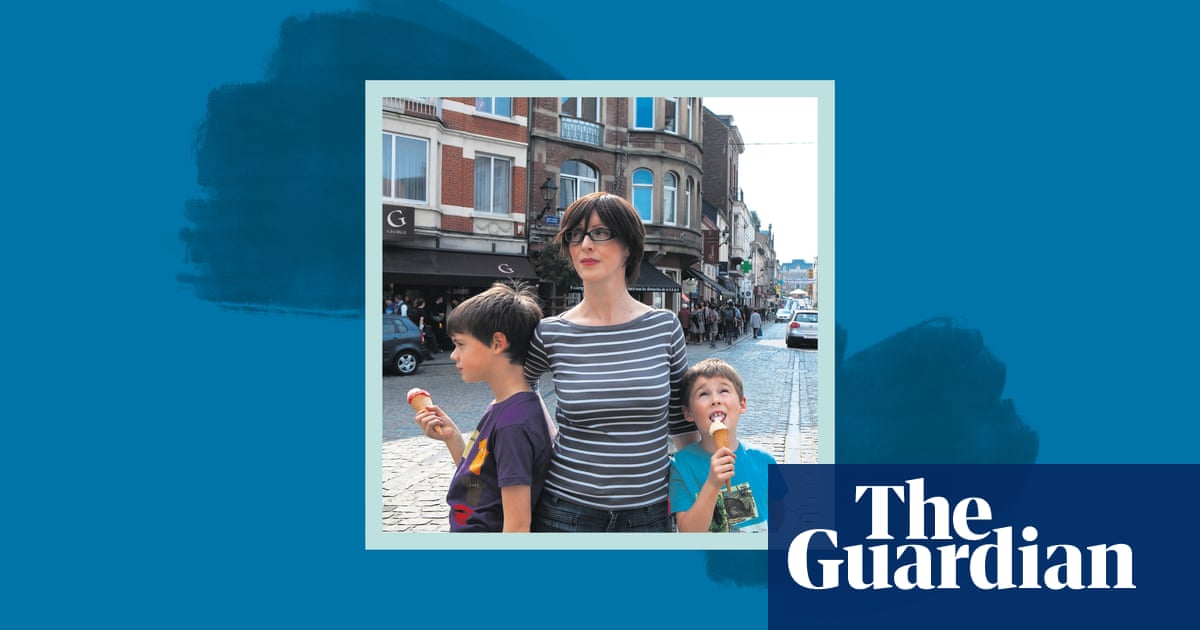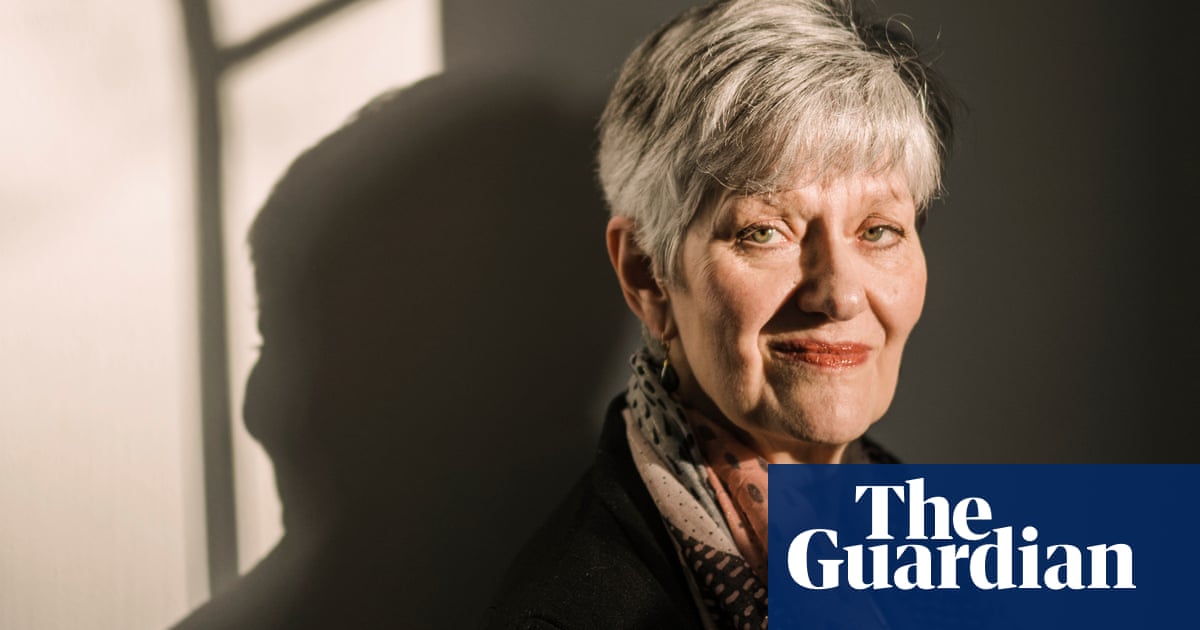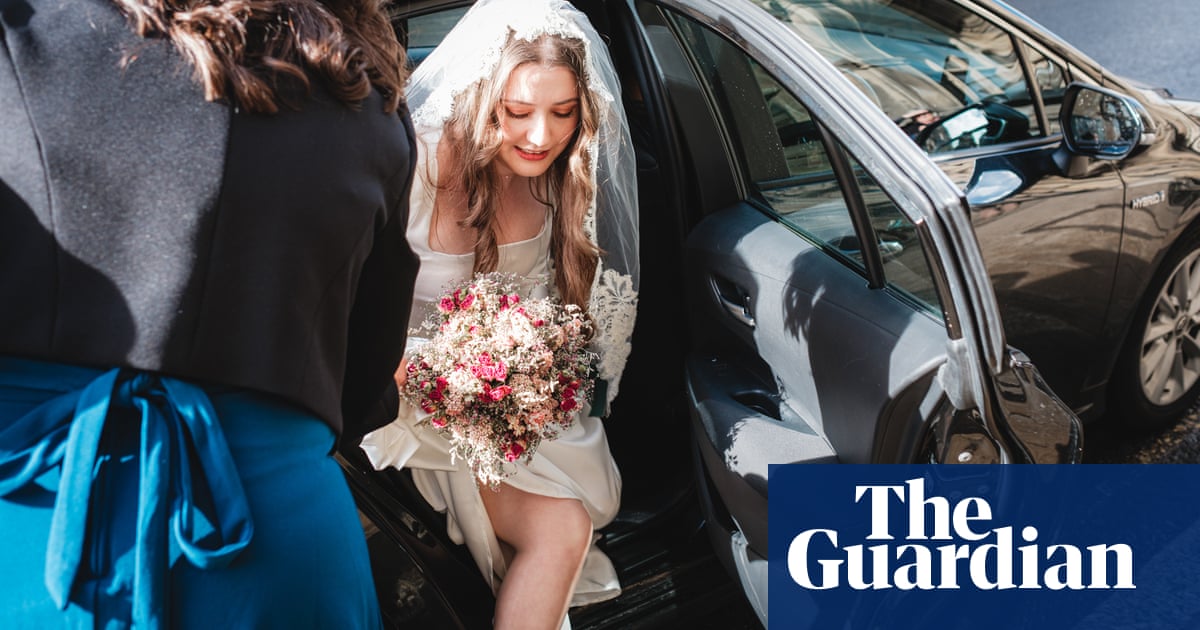
used to think “letting go” was for happy people who did yoga and wore shirts that said “Good Vibes Only”. I thought it was for people who read the self-help books I never finished. When my friend Bryan died this August, the phrase took new meaning and helped lift me up.
Bryan was Ojibwe, a poet, a blackjack and poker dealer at a casino, and he was unwell. He had survived kidney cancer, a transplant and years of dialysis. He also had a seasonal sadness that overtook him eventually. One late night, he asked if he was a mediocre poet – and if he should take an overdose or call a crisis center. I didn’t see the messages until the next morning, and it was too late.
I went to his funeral broken, without flowers – without hope. Bryan’s the second friend I have lost in four months, and I felt like life was beating me into contrition. I had just lost a good friend to breast cancer, and couldn’t say goodbye because of travel restrictions and a border closing. I kept thinking, “What does Creator want?” I lost the only friend I watched Gossip Girl with, who was romantic – who was writing about daffodils in a small town, where it was a struggle to be a queer man.
We drove eight hours to the funeral. It was the first social gathering we had attended since Covid. The man performing the ceremony, Chato, said we needed to “let go”, and I felt resistance, but he then spoke with an elder’s sincerity and a clarity that reached into me – he said we needed to celebrate Bryan’s life, and “mirror joy” up to him, because the happier we could be, the happier Bryan could be, up there. Some truth strikes you down in a good way.
Chato said Bryan was making a journey toward his ancestors. There would be four steps, and then a door. He needed us for those four steps – he needed us to celebrate so he could pass through the entryway into the spirit world, where teachings and ceremonies and languages return.
My heart grew – I felt an immediate need to conjure health and love, and happiness. Bryan needed me, and I wouldn’t let him down this time.
We were told to come to the casket and bring our tobacco. Chato said we couldn’t wear our glasses, and didn’t explain why. I turned to my friend, H, who’s Ojibwe, too.
“I have to take my glasses off?” I asked
“It’s an Ojibwe thing,” she said, shrugging.
“Is that all I have to take off?”
We laughed, unexpectedly. I hadn’t laughed or smiled since the news.
After the funeral, I journeyed toward joy for the sake of my friend. I considered my people’s beliefs, and how similar they are to Bryan’s. We believe people make a journey after death, along a path painted in red ochre, and on the fourth day we enter a valley where all of our old ways come back. It lifted me up every time I pictured it.
Messaging with H about it, she concurred and said, “In our thinking, death is the ultimate uplift because you go to the River of Souls,” the Milky Way.
I let memories, and sad thoughts, and what-ifs come into my mind without resistance or denial. The thoughts left quietly every time I pictured Bryan speaking Ojibwe in heaven, or being welcomed in by his grandmothers.
Bryan wrote in a poem once, “heaven is a thousand mirrors”. I take it as a sign that there is some refracted light between us now, and that my joy will shine up to him. I lifted myself up with small things: listening to a playlist Bryan made 10 years ago. I read every Keats poem he liked. I turned my notifications on loud, so that I never miss a friend’s message. I told people I loved them, and they said it back. My family smudged and did ceremony. I catalogued every poem Bryan sent and started writing again. I danced to electric powwow music, holding my cat Cathy, because it would make Bryan laugh.
After leaning into every good thing before me, the memory came of how we first met. Bryan said he noticed me when my son was having a fit in the dorm kitchen. I asked my son, Isaiah, to behave, and he retorted, so loudly, “I’m on my period!” I paused, then looked around in embarrassment. Bryan burst out with laughter and introduced himself – and said I was doing a great job as a mom.
“That’s when I knew you’d be my friend,” Bryan said.
In the US, the National Suicide Prevention Lifeline is 1-800-273-8255. In the UK and Ireland, Samaritans can be contacted on 116 123 or email jo@samaritans.org or jo@samaritans.ie. In Australia, the crisis support service Lifeline is 13 11 14. Other international helplines can be found at www.befrienders.org.












